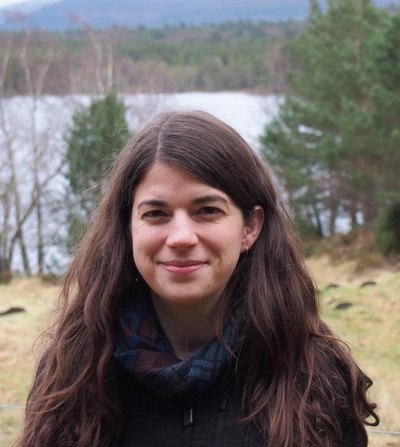
- This event has passed.
3rd May: Impacts of land conversion on infectious diseases circulating in wild populations

Impacts of land conversion on infectious diseases circulating in wild populations
Christina Faust
School of Biodiversity, One Health & Veterinary Medicine, University of Glasgow
Wednesday 3rd May, 1-2pm, Cottrell 2V1 and streamed on Teams (contact the seminar organiser for the Teams link).
This seminar is open to all staff, students and affiliates of the University of Stirling. The seminar is hosted by Biological and Environmental Sciences (BES).
Who this may appeal to: The talk will cover land use change and impacts on infectious diseases in wild animal populations and implications for zoonotic spillover. I will talk about some machine learning methods we have been using to investigate multi-scale processes impacting disease outcomes. In addition, I will be talking about some new work investigating viral communities in restoring landscapes. The talk will use methods from earth and planetary observation, but address questions in the ecosystem change and healthy environment groups.
Bio: Christina obtained a PhD in Ecology and Evolutionary Biology from Princeton University in 2016 and has conducted postdoctoral research on the environmental drivers of zoonotic disease at Oxford University, Montana State University and Penn State University. In her research, she has applied multidisciplinary approaches to address questions in disease ecology: using theoretical models to develop testable hypotheses, developing multiscale models for empirical field data and using satellite imagery and population genetics to understand transmission across larger scales. She is currently a NERC Independent Research Fellow working on ‘Identifying mechanisms driving spatiotemporal disease dynamics in converted landscapes.’
Contact Information
Personal Website
Email
Twitter